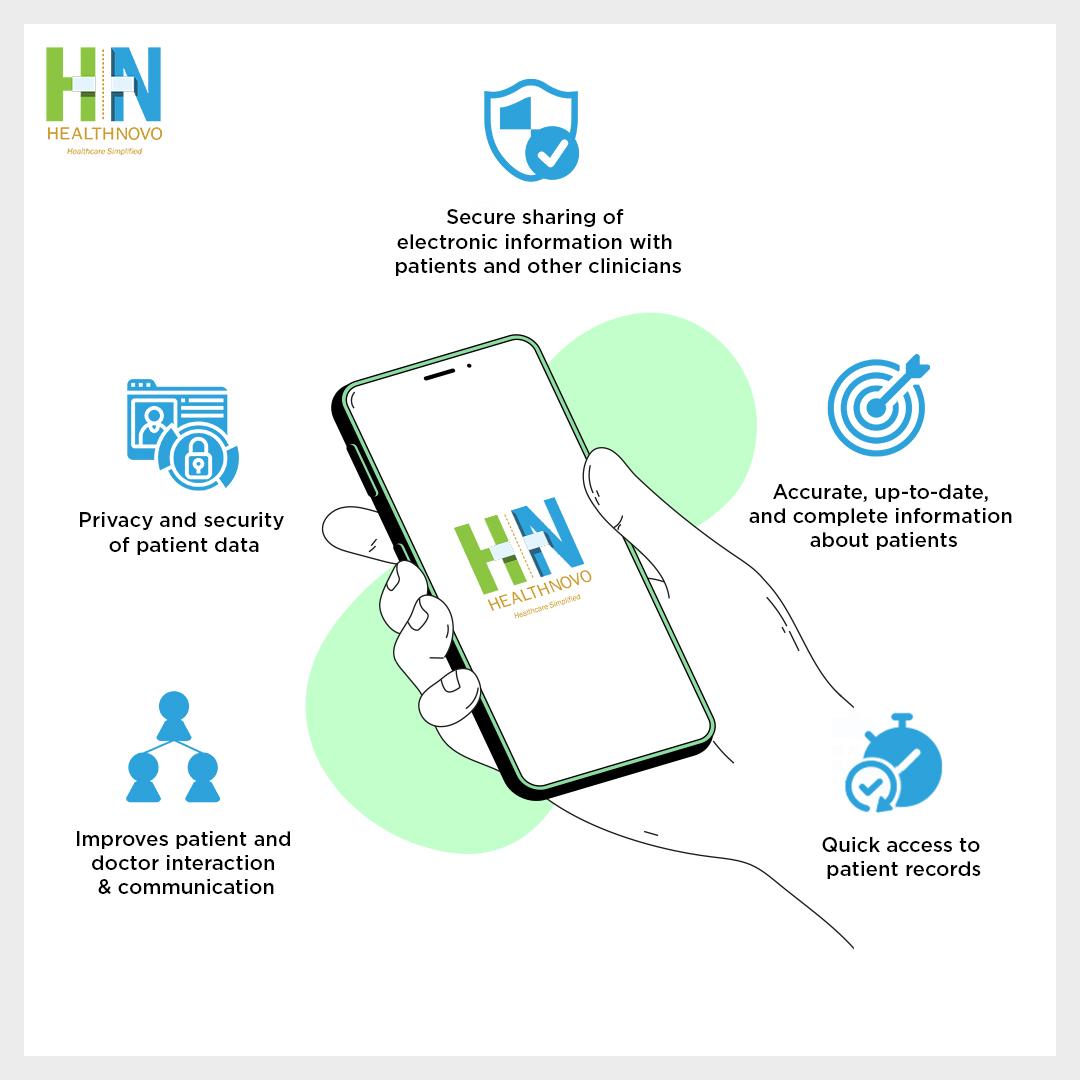What will help with the adoption of Digital Healthcare Platforms?

Introduction
Digital health, or digital healthcare, is a concept that involves an intersection between technology and healthcare. Digital health applies a digital transformation to the healthcare field, incorporating software, hardware, and services. Under its umbrella, digital health includes mobile health (mHealth) apps, Electronic Health Records (EHRs), Electronic Medical Records (EMRs), wearable devices, telehealth, and telemedicine, as well as personalized medicine.
What is a Digital Healthcare Platform?
The application of information and communications technology to provide digital health interventions to prevent disease and improve quality of life isn't a new concept. However, in the face of global concerns -- related to aging, child illness and mortality, epidemics and pandemics, high costs, and the effects of poverty and racial discrimination on access to healthcare -- digital health platforms, health systems, and related technology continue to grow in importance and to evolve.
Benefits of Digital Healthcare Platform
Digital Health Platform has greatly improved operational efficiency with respect to standards of medical care. The transformation has significantly enhanced the overall experience of both healthcare professionals and patients.
1. Improved Access to Medical Information and Data:
One of the biggest benefits of the digital revolution has been the ability to store and access data. Healthcare professionals can now retrieve patient data from anywhere. Also, the internet has allowed healthcare professionals to share medical information rapidly with each other, resulting in more efficient patient care.
Another great benefit of digital technology is that it allows clinicians to gather big data in minimal time. For those conducting epidemiological studies, research, or clinical trials, digital technology allows for the instant collection of data from a much more diverse and larger population than ever before. Such data collection allows for meta-analysis and permits healthcare professionals to stay on top of cutting-edge techniques and trends. Also, access to big data allows clinicians to identify risk factors and recommend appropriate preventive/intervention steps more effectively.
3. Improved Lines of Communication:
There was a time not too long ago when healthcare workers used a beeper to communicate. But today, digital technology has made communication between healthcare providers and patients very easy. Healthcare workers can stay in touch through email, smartphones, text messaging, etc. No longer do physicians have to mail out letters to patients reminding them of their appointments and tests. Technology has made all this much simpler and much more cost-effective. Also, medical professionals can make their own webinars, and videos and use online platforms and social media to communicate with other professionals. Teleconferencing has made it easy to communicate beyond geographic borders.
4. Electronic Health Records:
The introduction of digital technology has been a blessing when it comes to patient medical records. In the old days, large paper files were moved from department to department. It often happened that during transport, patient medical charts went missing or were damaged. It sometimes took a long time to find medical records in emergency departments if patients came at night or during the weekend. Referring to patients was also a tedious process and physicians had to send a large box containing the patient chart. Medical records were all over the place; some records remained with the dentist, some with the psychiatrist, some with the internist, and some with the rehabilitation specialist. In simple words, it was total chaos. All this has changed with Electronic Health Records (EHR) which have made life easier for both healthcare providers and patients. Access to EHRs has resulted in centralized storage of all patient data and faster access for improved care and better outcomes. EHRs also enable faster, smoother, and easier medical billing.
5. Telemedicine/Telehealth:
There are still many places around the world that are rural and have a shortage of healthcare providers. One important benefit of digital technology is video conferencing. Not only is telehealth cost-effective, but it can also help determine who needs emergency assistance. Today, psychiatrists often deliver counseling via telehealth for patients who are not able to physically come to their clinic. Telecommunication is also being used to provide education and training to healthcare workers residing in remote areas.
6. Health Apps:
The digital revolution has also resulted in the development of hundreds of health apps. These apps enable patients to monitor their health and disease, provide them with medical information, allow them access to test results and prompt them when it is time to get their check-ups. Also, healthcare apps enable healthcare workers to quickly check on test results, drug dosing recommendations, and other information they need urgently.
Digital Healthcare Platforms in India
Healthnovo
Healthnovo is a health-tech company providing
1. Consultation Services
2. Diagnostics services
3. Merchandiser of Medical devices & Generic medicines.
Healthnovo has a team of dedicated medical professionals that provide both online and offline services emphasizing the well-being of the patients.
The company has excellent healthcare professionals with highly equipped technology. They also provide low-cost generic medicines which makes them accessible to everybody.
- Industry
- Art
- Causes
- Crafts
- Dance
- Drinks
- Film
- Fitness
- Food
- Games
- Gardening
- Health
- Home
- Literature
- Music
- Networking
- Other
- Party
- Religion
- Shopping
- Sports
- Theater
- Wellness
- News


